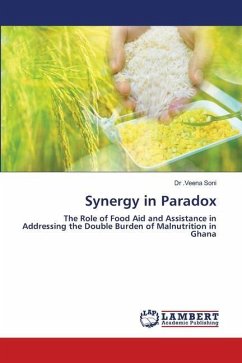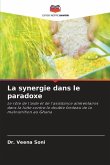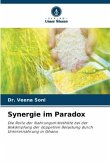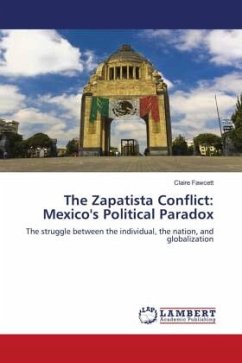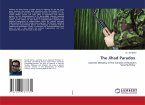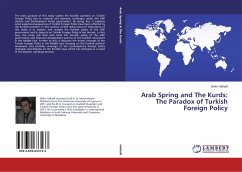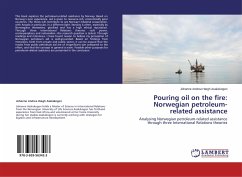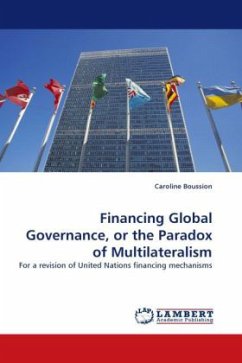In many low- and middle-income countries, the coexistence of undernutrition with overweight and obesity threatens economic development and progress to improve health. This double burden of malnutrition demands a re-evaluation of the roles and responsibilities of nutrition actors, both traditional and nontraditional. The United Nations World Food Programme (WFP) is one nontraditional actor in the double burden debate. Using a descriptive case study qualitative methodology, this paper explores whether WFP's food aid and assistance has the potential to reach beyond its traditional mandate on undernutrition to also address overweight and obesity. The analysis demonstrates that in the context of Ghana, one country experiencing the double burden, WFP's food aid and assistance activities do have the potential to serve as a platform on which to address the double burden. Interview insight from key actors in the global nutrition landscape also helped identify challenges that complicate the role of WFP and other players in addressing the double burden in Ghana.
Bitte wählen Sie Ihr Anliegen aus.
Rechnungen
Retourenschein anfordern
Bestellstatus
Storno

